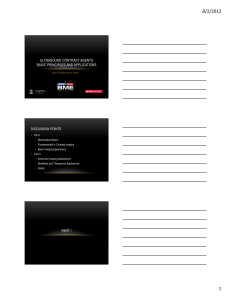Document 11919917
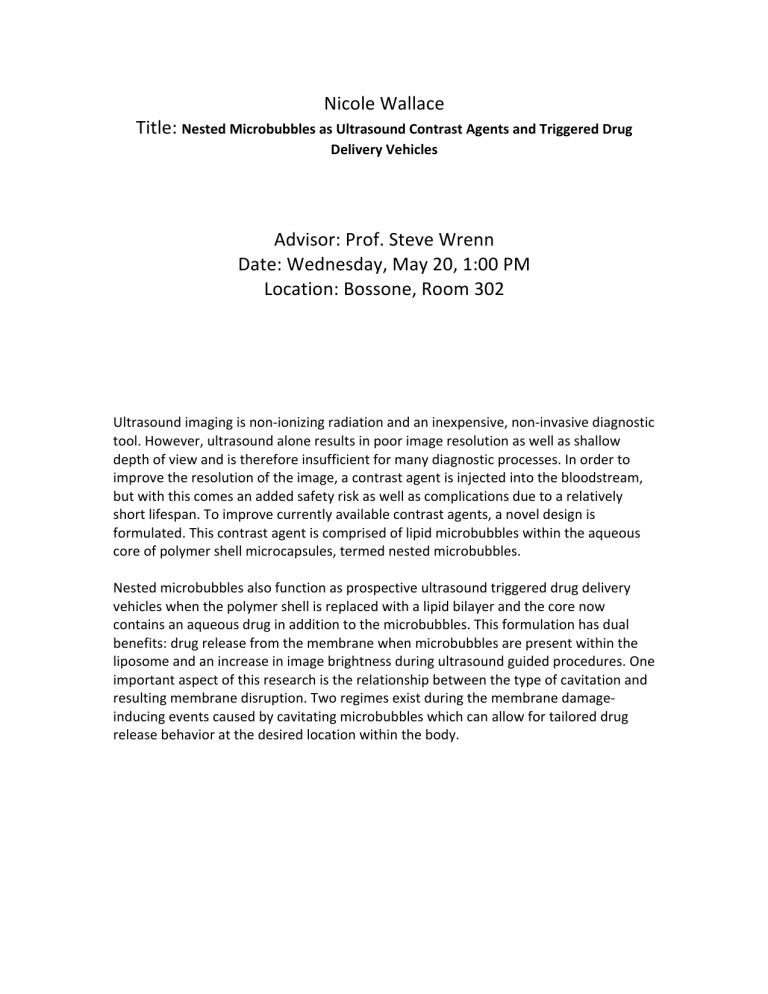
Nicole Wallace
Title:
Nested Microbubbles as Ultrasound Contrast Agents and Triggered Drug
Delivery Vehicles
Advisor: Prof. Steve Wrenn
Date: Wednesday, May 20, 1:00 PM
Location: Bossone, Room 302
Ultrasound imaging is non-‐ionizing radiation and an inexpensive, non-‐invasive diagnostic tool. However, ultrasound alone results in poor image resolution as well as shallow depth of view and is therefore insufficient for many diagnostic processes. In order to improve the resolution of the image, a contrast agent is injected into the bloodstream, but with this comes an added safety risk as well as complications due to a relatively short lifespan. To improve currently available contrast agents, a novel design is formulated. This contrast agent is comprised of lipid microbubbles within the aqueous core of polymer shell microcapsules, termed nested microbubbles.
Nested microbubbles also function as prospective ultrasound triggered drug delivery vehicles when the polymer shell is replaced with a lipid bilayer and the core now contains an aqueous drug in addition to the microbubbles. This formulation has dual benefits: drug release from the membrane when microbubbles are present within the liposome and an increase in image brightness during ultrasound guided procedures. One important aspect of this research is the relationship between the type of cavitation and resulting membrane disruption. Two regimes exist during the membrane damage-‐ inducing events caused by cavitating microbubbles which can allow for tailored drug release behavior at the desired location within the body.
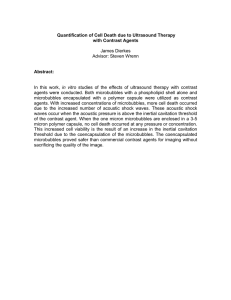
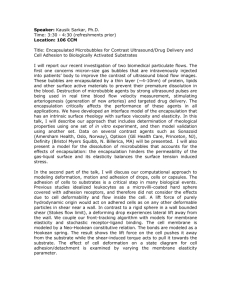
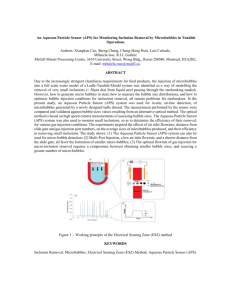
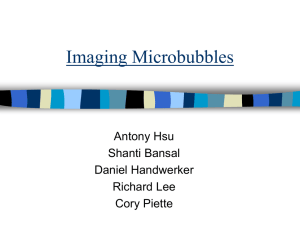
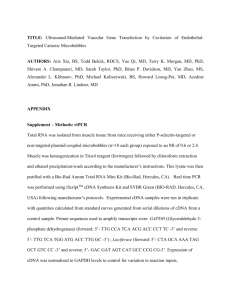
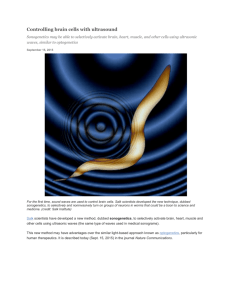
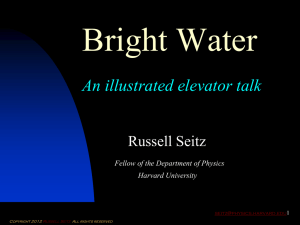
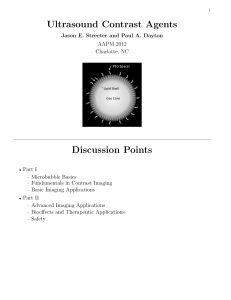
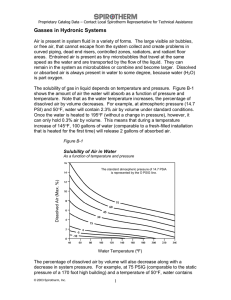
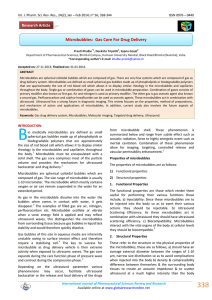
![Enhancement of gas-filled microbubble R2[ast] by iron oxide](http://s2.studylib.net/store/data/018503718_1-92acb51450769aa3a9ae13e888ec7246-300x300.png)
